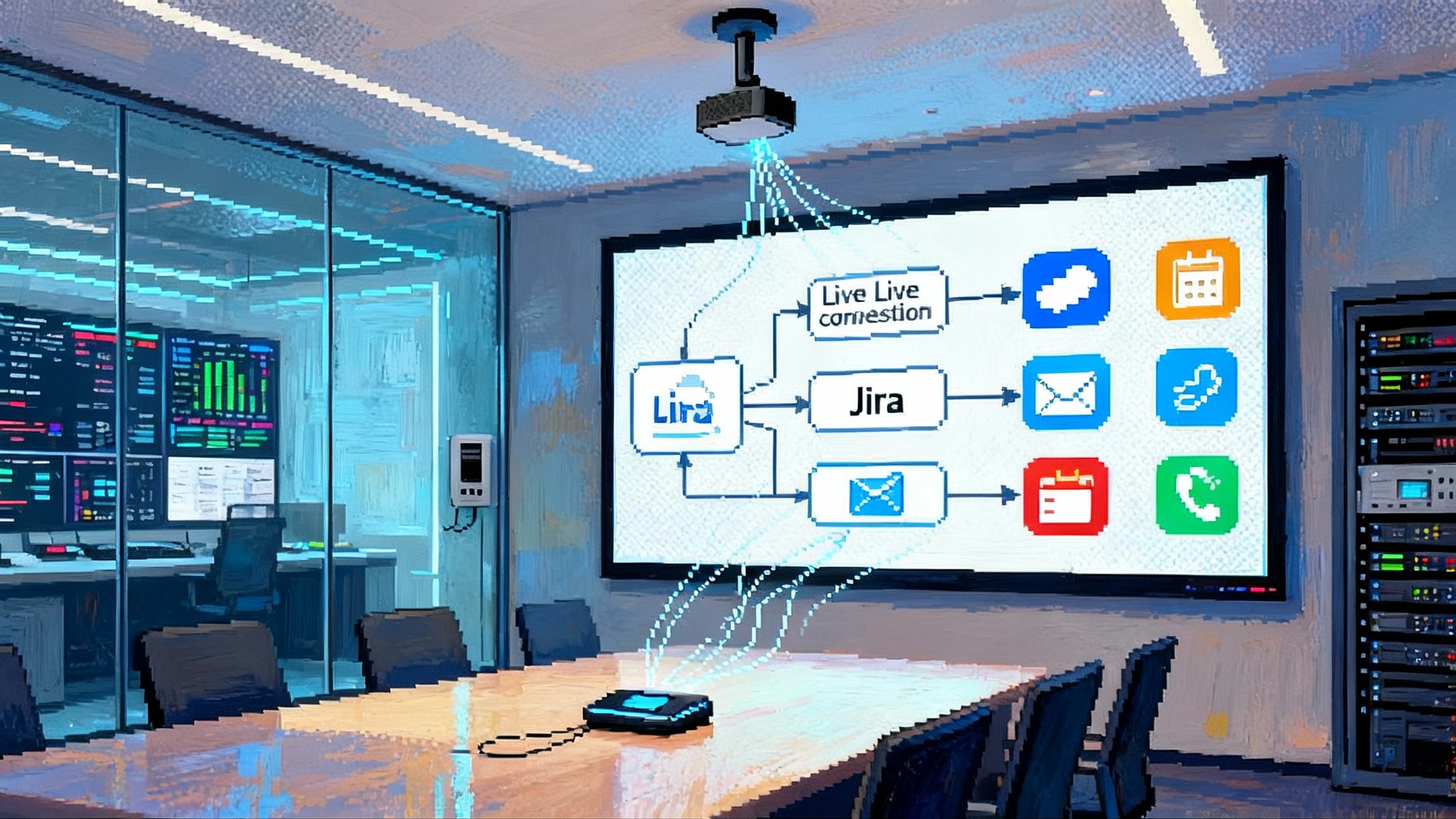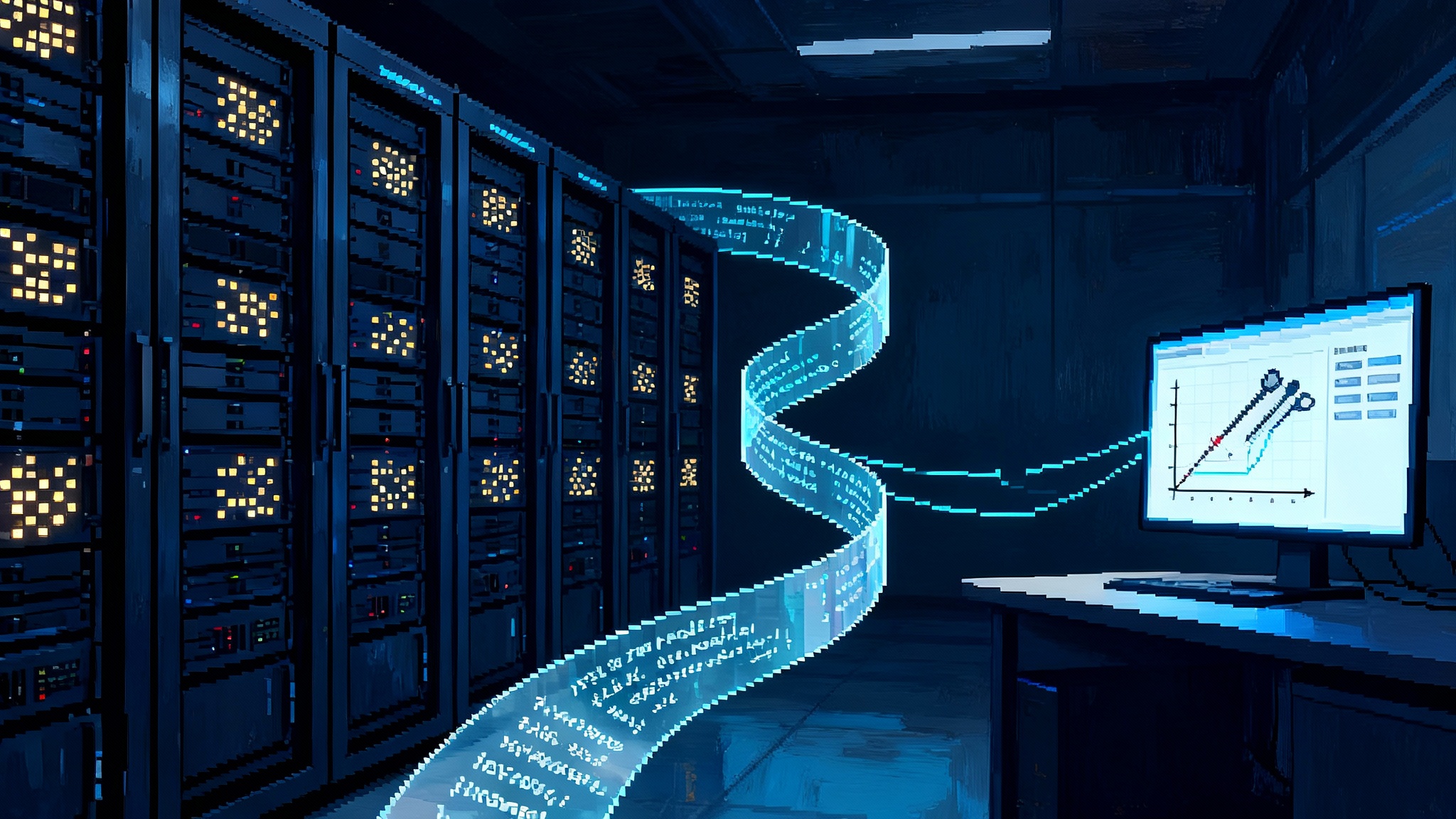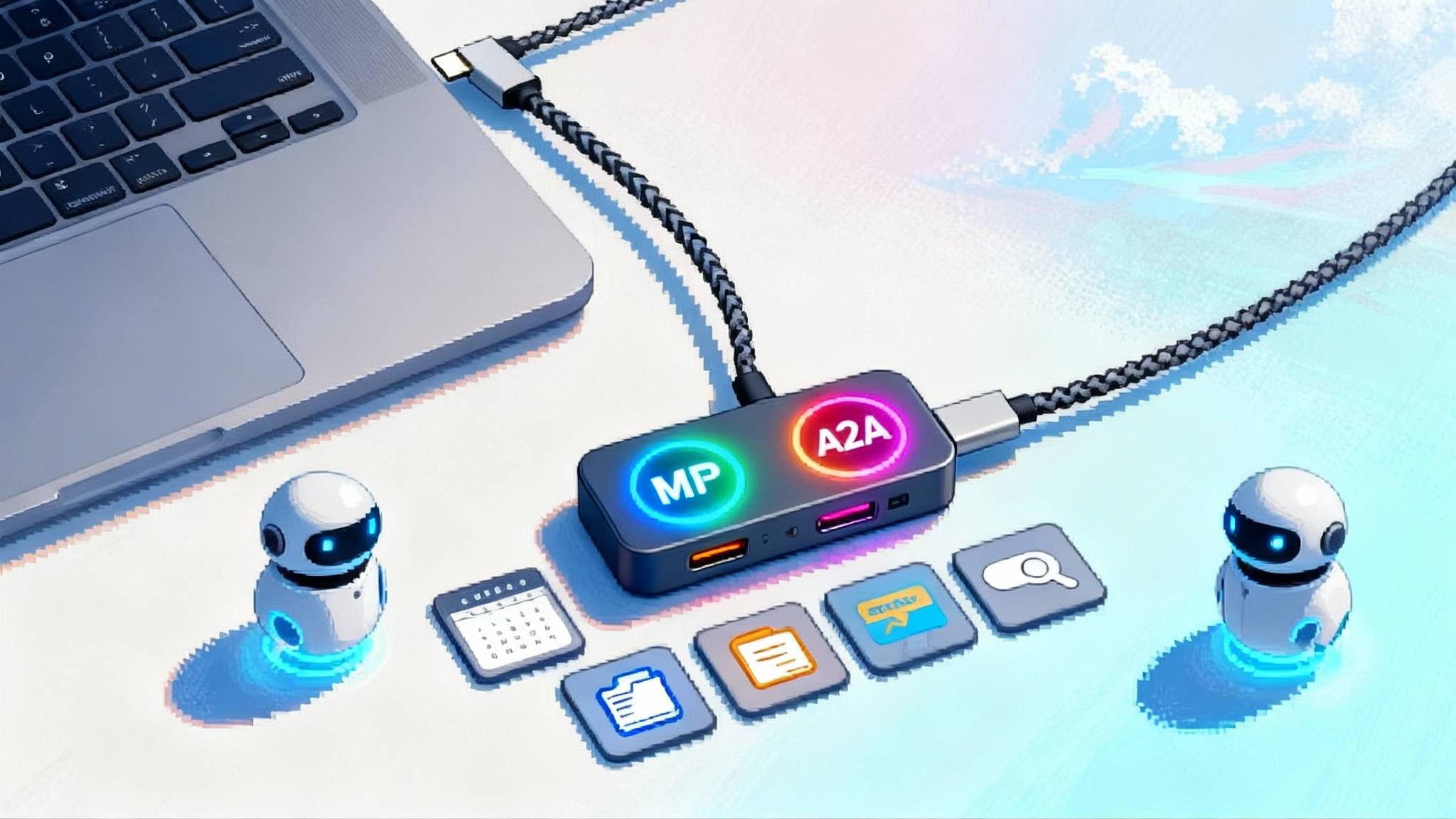 Artificial Intelligence
Artificial Intelligence
Articles under the Artificial Intelligence category.
Browser-native agents arrive with Gemini 2.5 Computer Use
Google’s Gemini 2.5 Computer Use puts an agent behind the keyboard inside the browser. Here is what shipped, why it matters for automation, and a 30 day plan to pilot it safely.
Meta flips the switch as AI chats become ad fuel at scale
Meta will start using conversations with its AI assistant to personalize content and ads across Facebook and Instagram on December 16, 2025. Here is what changes, who is excluded, and how product and policy teams should respond.
Compute-Agnostic Reasoning: DeepSeek Shock and Split Stacks
China-native backends just landed as U.S. standards scrutiny intensified. Cheap, open reasoning models now run on domestic NPUs and Nvidia, cracking the CUDA moat, accelerating model sovereignty, and reshaping inference costs. Here is the split-stack playbook.
Dreamforce 2025: Agent Control Planes Go Mainstream
At Dreamforce 2025, Salesforce unveiled Agentforce 3 with a Command Center, Model Context Protocol support, and compliance upgrades. The signal is clear: control planes, not bigger models, will make enterprise agents observable, governable, and interoperable at scale.
Chat Is the New Runtime: AgentKit and Apps Start the War
OpenAI just turned chat into a first-class runtime. AgentKit brings production-grade agents and the ChatGPT Apps SDK makes distribution native to conversations. The moat now shifts to data access, trust, and chat-native UX.
Windows backs MCP and the moat shifts to identity
Windows 11 is adopting the Model Context Protocol, giving agents a universal port into apps and files. The next edge is not bigger models, but unified identity, consent, and short‑lived authorization that let agents act safely across desktops and clouds.
WebexOne 2025: When Meetings Become Agent Operating Systems
Cisco used WebexOne 2025 to debut Connected Intelligence, a suite of AI agents that turn meetings into autonomous workflows. Here is what ships through 2026, how it connects to Microsoft 365, Salesforce, and Jira, and a build playbook to avoid agentwashing.
OpenAI and Jony Ive’s pocket AI sparks the ambient agent era
Fresh reporting points to a pocketable, always-on assistant from OpenAI and Jony Ive. If it ships by 2026, hardware becomes the agent runtime, with on-device context memory reshaping interactions, app distribution, and trust.
Sora’s Rights Rails and the App Store Era of AI Video
OpenAI Sora is moving from experiment to platform. New rightsholder controls, revenue sharing, and fast in-app blocking signal an App Store style model for licensed character agents, virtual actors, and creator marketplaces.
The Sparse-Active Era: Qwen3‑Next Flips Inference Economics
Qwen3 Next pairs sparse-active Mixture of Experts, hybrid attention, and multi-token prediction to deliver long context at lower cost. Here is how it changes your serving stack, when to switch from dense 70B, and what to tune first.
Tinker Turns Fine-Tuning Into Push-Button Power For Open LLMs
A new managed training API promises one-click post-training for open-weight models. With portable LoRA adapters, built-in sampling, and RLHF or RLAIF loops, Tinker aims to turn prompt hacks into durable improvements teams can ship.
Durable AI Agents Arrive: Claude 4.5’s 30‑Hour Shift
Anthropic’s September launch of Claude Sonnet 4.5, Claude Code 2.0, and a new Agent SDK pushes agents from chatty helpers to shift-length workers. Learn how long-horizon autonomy works, what to pilot first, and how to keep it safe.
Agentic Commerce Arrives: Instant Checkout Is Live
OpenAI just turned on Instant Checkout in ChatGPT with Stripe, moving shopping from product pages into agent-guided conversations. Here is the map, the builder playbook, and what to expect over the next 12 months.
Gemini for Home Turns Smart Homes Into Agent Platforms
Google is turning smart homes into actionable agent platforms. With Gemini for Home, a redesigned Home app, and Home Premium with Gemini Live, households gain communal identity, context-aware automation, and integrations that let agents plan and act across rooms. Here is what changed, why it matters, and how startups can move first.
Avalara’s Agentic Compliance Turns Copilots into Operators
Avalara’s September 30 launch marks compliance as AI’s first scaled beachhead. Here is why tax work is moving from copilots to operators, and what this unlocks for finance teams and startups.
AP2 and x402 Flip the Switch on the Agent Economy Now
Google’s Agent Payments Protocol (AP2) and Coinbase’s x402 make agent-to-agent payments practical, unlocking pay-per-action APIs, autonomous procurement, and machine-native pricing. Learn how design patterns change, what to build now, and why adoption will accelerate in 2026.
Microsoft makes agents real with 365 Premium and Security Store
In three days, Microsoft turned AI agents into governed software with identity, pricing, and audit. Here is what launched across 365 Premium, Agent Mode, Office Agent, Security Store, and Entra Agent ID, plus the playbook to adopt them safely.
The USB‑C Moment for AI Agents: MCP and A2A Go Mainstream
In 2025, cross-vendor agent interoperability quietly became real. With Agent2Agent entering the Linux Foundation and the Model Context Protocol landing natively in Windows, Azure, and OpenAI’s stack, agents are about to plug into every app, cloud, and desktop like USB-C.















